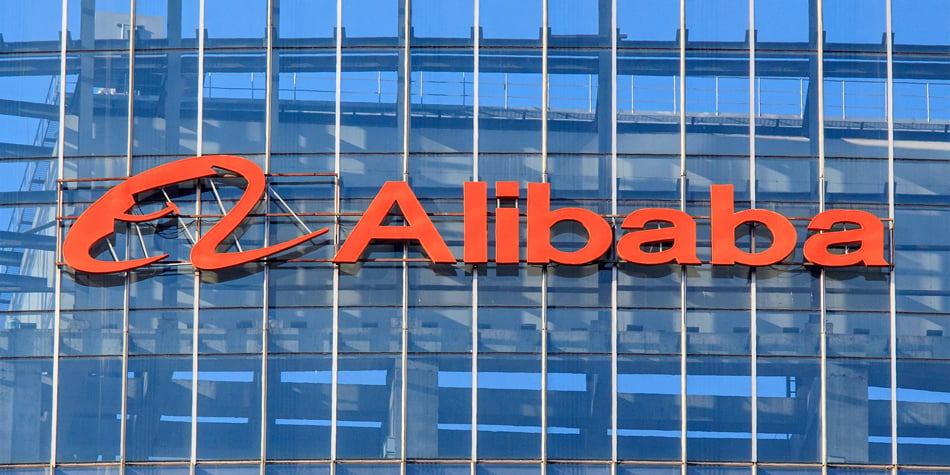
Alibaba’s stock price has significantly dropped to $79.62, indicating a potential decrease of 55.88% towards a target stock price of $35.13.
The company’s financial health is highlighted by a market cap of $190.03 billion, a P/E ratio of 16.73, an EPS of $3.92, and a dividend yield of 1.34%.
Despite challenges, the e-commerce and tech sectors present substantial growth opportunities, with peers like Vipshop Holdings Limited (VIPS) showing a growth potential of 289.65%.
Alibaba Group Holding Limited (NYSE:BABA) is a giant in the technology and e-commerce sectors, with a significant presence not only in China but globally. Its platforms like Taobao, Tmall, and AliExpress have become household names, offering everything from consumer goods to cloud computing services. Despite its strong market position, Alibaba’s current stock price of $79.62 shows a significant drop, aiming for a target stock price of $35.13, which indicates a potential decrease of 55.88%. This stark contrast in its valuation reflects the challenges and competitive pressures it faces within the industry.
The financial metrics of Alibaba, with a market cap of $190.03 billion and a P/E ratio of 16.73, underscore its substantial size and profitability. An EPS (Earnings Per Share) of $3.92 and a dividend yield of 1.34% further highlight its financial health and its ability to return value to shareholders. However, when compared to its peers in the e-commerce and tech sectors, Alibaba’s performance and growth potential appear varied.
For instance, PDD Holdings Inc. (PDD), another major player in China’s e-commerce space, shows a growth potential of 104.07%, significantly higher than Alibaba’s. This comparison sheds light on the competitive landscape in which Alibaba operates, where companies like PDD are rapidly growing.
Among Alibaba’s peers, Vipshop Holdings Limited (VIPS) stands out with the highest growth potential of 289.65%. This remarkable figure not only highlights VIPS as a key player in the e-commerce sector but also suggests that there are significant growth opportunities within this industry, despite the challenges. The diverse growth potentials across these companies, from PDD’s impressive outlook to Jumia’s struggles, illustrate the dynamic and competitive nature of the global e-commerce market.
In summary, while Alibaba faces downward pressure on its stock price and a challenging competitive environment, the e-commerce and tech sectors continue to offer substantial growth opportunities, as evidenced by the performance of its peers. The sector’s vibrancy and the varied growth potentials of companies within it suggest that investors have a wide range of options to consider, from established giants like Alibaba to emerging players with high growth prospects like Vipshop Holdings Limited.

